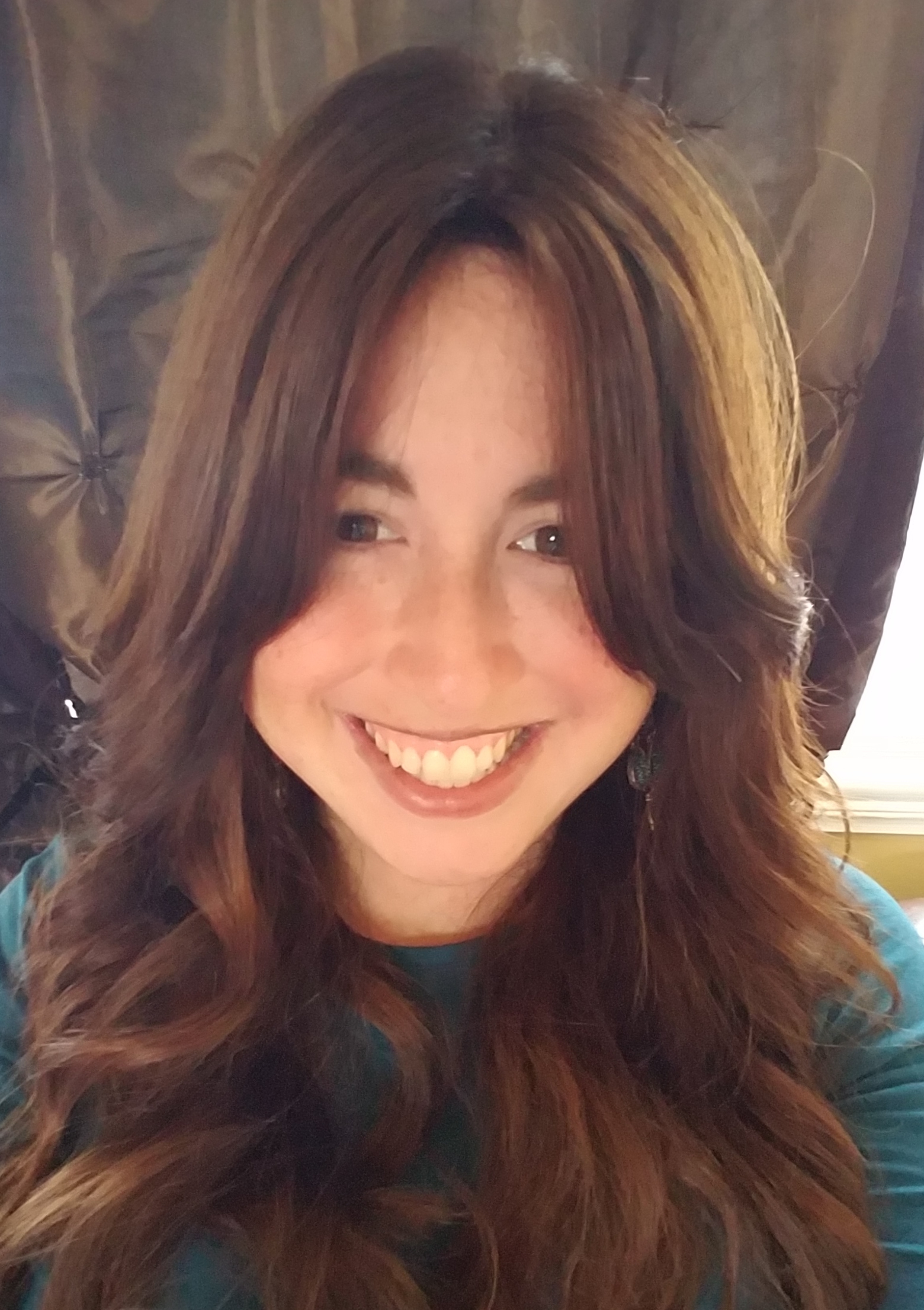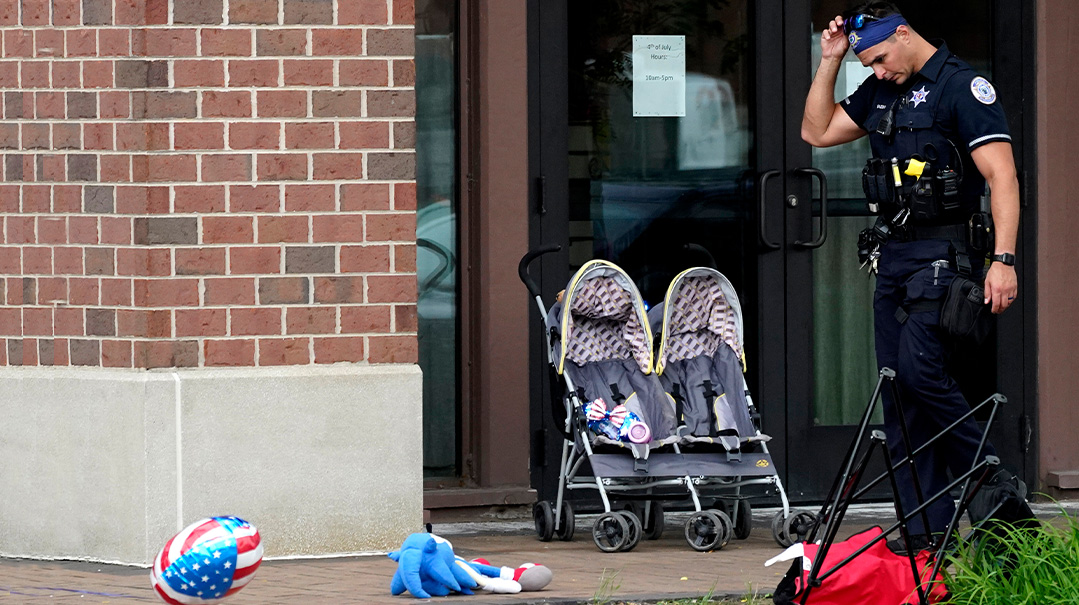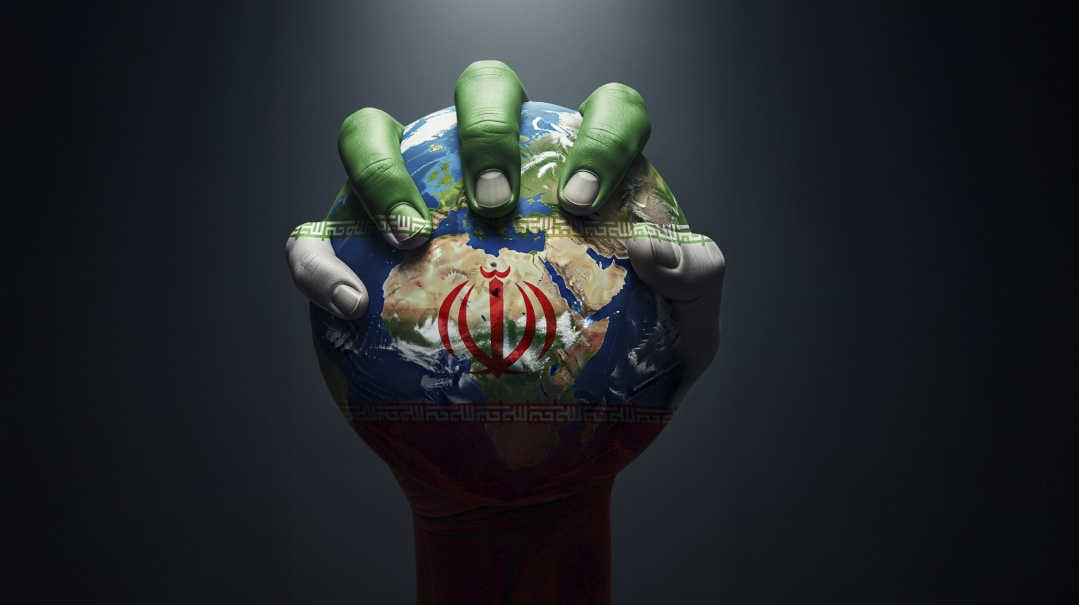Horror and Hope in Highland Park

She sprang into action immediately, flinging open the shul doors and ushering everyone nearby inside, calling out, “This is a safe haven. Come in!”

Photo: AP Images
Since July 4, the northern Chicago suburb of Highland Park has been reeling. The close-knit community of about 30,000 people, almost half of them Jewish, was devastated by a lone shooter who opened fire on the town’s Independence Day parade, killing seven people and wounding at least 30.
Among the victims identified by authorities were Stephen Straus, 88, a financial advisor who had worked well past retirement age; Jacquelyn Sundheim, 63, events coordinator at a Reform temple in the town; and Irina McCarthy, 35, daughter of Russian Jewish immigrants and mother of Aiden, age 2, whose father Kevin was also killed in the attack.
Mrs. Jenna McKenna, a school counselor at Hanna Sacks Bais Yaakov, was an eyewitness to the horrific events. On the morning of July 4, McKenna dressed her nearly two-year-old daughter Avigail in a cute red, white, and blue ensemble, slathered her in sunscreen, and made the half-hour drive from her home in West Rogers Park, the Chicago neighborhood home to the city’s largest frum community, out to Highland Park to meet her mother and her two grandmothers, 85 and 91. The four generations of women then sat in the same spot the family has reserved for over 60 years, to enjoy the town’s iconic Independence Day parade.
It was Avigail’s first parade, and she was hoisted onto her grandmother’s shoulders so she could see the Highland Park High School marching band come through, followed by bicycles, fire trucks, and parade floats.
Jenna gives a narration of what unfolded next in her head, as Robert Crimo III climbed a fire escape to the roof of a Highland Park business and opened fire on the parade, sending hundreds of marchers, parents with strollers, and children on bicycles fleeing in terror:
An engine started to backfire. No, wait, it’s fireworks. At a morning parade? No, it’s the Navy doing the shooting show. Already? Why are they shooting so much?
Screams. Getting closer. Maybe one of their rifles broke and is firing like a deflating balloon. Can that happen? Why is it so loud?
A slow wave of people gets up, screaming, running toward me. Why are people running? Should we run? Why can’t I think?
Someone yells, “Shooter!” My mom runs with Avigail, thank G-d. My grandmas can’t run, so I pull them to the side into an alcove of a locked store. A man is asking me to help him break down the store door. We can’t break tempered glass. The shooting is still going, is it getting closer? Where’s my baby? We have nowhere to hide.
Is he walking down the street, shooting at anyone that looks alive? If we duck, will he overlook us?
Do I die today in a mass shooting? I didn’t realize this would happen today.
We need to move — my aunt and I bring my grandmas around the corner and I see my mom holding Avigail. There’s a father with his two sons crying in a dumpster…
Not far down the road, there was another story unfolding at Highland Park’s Chabad House, known as the Central Avenue Synagogue Chabad and located directly on the parade route. Rebbetzin Michla Schanowitz was with five of her niece’s children, sitting on lawn chairs watching the parade, when she realized the popping noises she initially thought were fireworks had intensified, and the parade came to a complete standstill. Suddenly, a police car careened in the wrong direction up the parade route, and her line of sight took in a deluge of people running up the hill.
She sprang into action immediately, flinging open the shul doors and ushering everyone nearby inside, calling out, “This is a safe haven. Come in!”
Her husband, Rabbi Yosef Schanowitz, immediately headed to the Highland Park Hospital emergency room to act as a chaplain and help both the Jewish and non-Jewish patients. Rabbi Schanowitz says that as he passed by a treatment room, a wounded victim, whom he had never seen before in shul, called out to him in Yiddish, “Rabbi, I’m going to start coming to shul!”
Central Avenue Synagogue didn’t miss a beat throughout the day, and regular minyanim continued while the Schanowitzes reached out to whomever they could to offer support.
As it turned out, the Schanowitzes’ holy work on July 4 that min haShamayim kept them in shul all day saved them from further danger. The killer, Robert Crimo, lived just down the block from their house. He returned there after committing the massacre, to regroup and get his car to escape. When Rebbetzin Schanowitz returned home at 5:30 p.m., she found swat teams, police dogs, and barricades on her street.
Highland Park is a quiet, affluent suburb with mansions and lakeside estates that has been home to the rich and famous. There is a sense of shock that something so extreme could ever happen here, especially at the hands of a native son: Crimo had gone through Highland Park’s schools, and his Boy Scout leader was the town’s mayor.
The Schanowitzes organized a “Healing in Unity” event at their shul this past Thursday, inviting the whole Highland Park community; it was even advertised on the town’s official website. Outside the local grocery store, Sunset Foods, the shul set up a table with boxes containing Shabbos candles, explaining the mitzvah and offering reminders for how to do it.
“People have been really receptive, they want to do something,” says Rebbetzin Schanowitz. “This is a heavily Jewish area, and people don’t just want to sit and wring their hands — they want to get up and do something.”
There are countless Hashgachah pratis stories from that day. A couple had been walking toward the store where minutes later Crimo would take up his rooftop rampage, but they were stopped by a Chabad yeshivah boy who asked the husband to put on tefillin. A Jewish family was headed toward the same area, but the husband ran into an old college friend and started schmoozing.
Chicago city alderman Debra Silverstein is a member of the frum community and represents the 50th Ward, which encompasses several of the area’s largest frum communities and which suffered a deadly shooting in one of its parks last week as well. “Sadly, no community is safe from the horrors of gun violence,” she says. “I have been working closely with the local police to make sure the 50th Ward remains a safe place to live and work. The police have put special attention on the neighborhood. Residents can expect to see extra officers in local parks and on busy streets.”
Although the shooting has shaken everyone in the Chicagoland frum community, not everyone sees it as a harbinger of worse times ahead.
“I feel safe,” says H. Goldstein, a frum resident of Skokie who grew up in Highland Park. “Once they caught the gunman, this felt like an isolated incident. This is kind of the world we are living in right now. We have to go about our lives and not let the evil in the world win.”
The Schanowitzes, however, still highlight the need for vigilance.
“We live in a society where shuls and community institutions in general have to be on the lookout, and we have to do our part,” says Rabbi Schanowitz. “We can’t let incidents like this dominate our lives, but we need to follow what law enforcement is prescribing.”
With the sea of countless new sets of Shabbos candles burning in the windows of Highland Park homes this past Friday night, the community strives to find its way out of the blackness of July 4 toward a brighter day, one step and perhaps even one mitzvah at a time.
(Originally featured in Mishpacha, Issue 919)
Oops! We could not locate your form.







